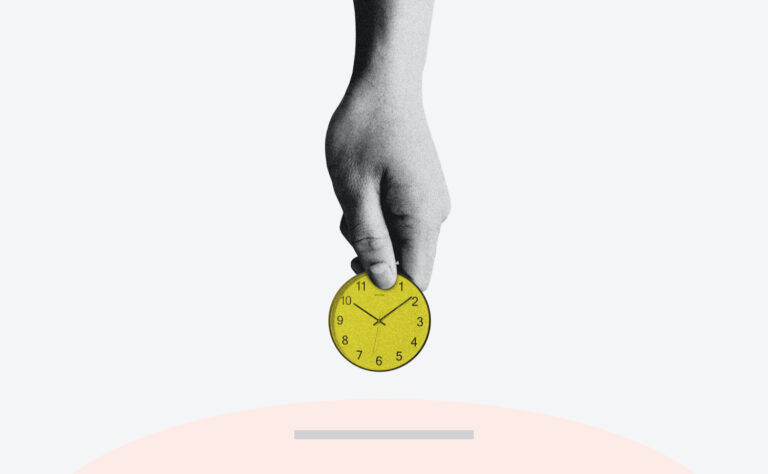How to Recognize Problem Gambling in Yourself or a Loved One Who Plays Threefold the Gold
As the popularity of online slots like Threefold the Gold continues to rise, so does the risk of developing problem threefold-the-gold.com gambling habits. With its engaging gameplay and lucrative payouts, it’s easy to get caught up in the excitement of spinning the reels. However, for some individuals, this enthusiasm can quickly turn into an addiction that wreaks havoc on their personal lives.
In this article, we’ll delve into the signs of problem gambling and provide guidance on how to identify if you or a loved one is struggling with this issue. We’ll also discuss the importance of seeking help and resources available for overcoming problem gambling.
The Allure of Threefold the Gold
Threefold the Gold, a popular online slot game, has captured the attention of many players worldwide. Its unique theme and exciting gameplay features have contributed to its immense popularity. The game’s mechanics, including its high RTP (Return to Player) rate, frequent bonus rounds, and multipliers, make it an attractive option for both casual and seasoned players.
However, beneath the surface of this engaging slot lies a hidden danger – the potential for problem gambling. Many players, especially those who are new to online slots or have experienced a string of losses, may become increasingly hooked on the game in search of a big win.
Recognizing Problem Gambling
Problem gambling is a serious issue that affects not only the individual but also their loved ones and society as a whole. According to the National Council on Problem Gambling (NCPG), approximately 2-3% of adults in the United States suffer from severe problem gambling, while another 1-2% exhibit moderate symptoms.
Here are some common signs to watch out for when recognizing problem gambling:
• Increasing frequency and duration : Spending more time playing Threefold the Gold or other games, even if it affects work, relationships, or daily routines. • Loss of control : Feeling compelled to play despite negative consequences, such as financial losses, arguments with loved ones, or decreased productivity. • Chasing losses : Continuously trying to recoup lost funds by playing more, often leading to further losses and increased anxiety. • Hiding behavior : Concealing gaming activities from family and friends due to feelings of guilt or shame. • Neglecting responsibilities : Ignoring important tasks, such as work, household chores, or personal hygiene, in favor of playing games.
The Warning Signs of Problem Gambling in Loved Ones
Recognizing problem gambling in a loved one can be challenging, especially if they’re skilled at hiding their behavior. However, there are several warning signs to look out for:
• Mood swings : Irritability, anxiety, or depression when unable to play or when losses occur. • Changes in appearance and hygiene : Neglecting personal grooming or dressing habits due to excessive gaming sessions. • Withdrawal from social activities : Withdrawing from family gatherings, social events, or other hobbies to focus on gaming. • Financial strain : Missing payments, accumulating debt, or using savings to fund gaming habits.
Understanding the Risks of Problem Gambling
Problem gambling is a complex issue that affects individuals with diverse backgrounds and personalities. Research suggests that various factors contribute to the development of problem gambling, including:
• Genetic predisposition : Some people may be more susceptible to problem gambling due to their genetic makeup. • Personality traits : Individuals with certain personality characteristics, such as impulsivity or sensation-seeking, are more likely to develop problem gambling habits. • Environmental factors : Exposure to gaming environments, peer pressure, and accessibility of games can contribute to problem gambling. • Mental health conditions : Co-occurring mental health issues, like depression, anxiety, or substance abuse, can increase the risk of developing problem gambling.
Seeking Help and Resources
If you suspect that you or a loved one is struggling with problem gambling, it’s essential to seek professional help. Here are some resources available:
• National Problem Gambling Helpline : Call 1-800-522-4700 (US) or visit ncpg.org for confidential support. • Online counseling services : Organizations like Gambler’s Help and the National Council on Problem Gambling offer online therapy sessions. • Support groups : Joining local or online support groups, such as Gamblers Anonymous, can provide a sense of community and accountability. • Counseling services : Consult with a mental health professional specializing in problem gambling for personalized guidance.
Overcoming Problem Gambling
Recovery from problem gambling requires a comprehensive approach that addresses the individual’s physical, emotional, and financial well-being. Here are some steps to take:
- Acknowledge the issue : Recognize the signs of problem gambling and accept that help is needed.
- Seek professional support : Consult with a mental health professional or counselor specializing in problem gambling.
- Join a support group : Connect with others who have experienced similar struggles to build a support network.
- Set boundaries : Establish limits on gaming activities, such as time spent playing or money allocated for gaming.
- Develop healthy coping mechanisms : Engage in alternative hobbies, exercise regularly, and practice stress management techniques.
Conclusion
Problem gambling is a serious issue that affects not only the individual but also their loved ones and society as a whole. By recognizing the signs of problem gambling and seeking help, individuals can overcome this addiction and lead healthier, more fulfilling lives. If you or someone you know is struggling with problem gambling, don’t hesitate to reach out for support.

